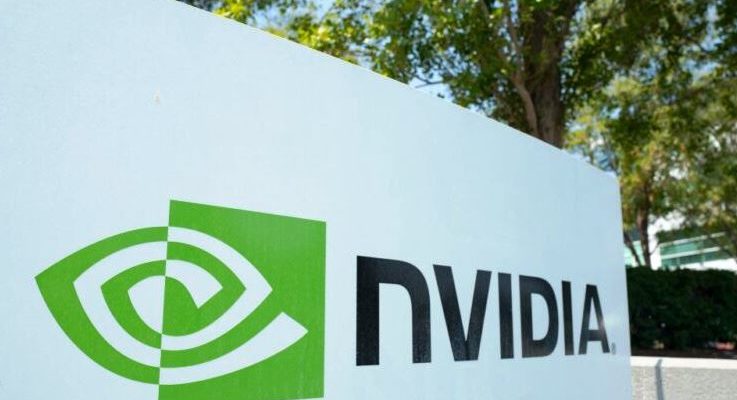Beijing Targets Nvidia Over AI Chip Monopoly Concerns
Tensions in the global semiconductor industry escalated after Chinese regulators ordered ByteDance, Alibaba, and other internet giants to suspend purchases of Nvidia AI processors. Authorities accused the US chipmaker of monopolistic practices, raising concerns over market dominance and pricing.
RELATED: Nvidia earnings confirm AI dominance as global markets hit record highs
The move signals a deeper strategic push by Beijing to reduce reliance on US technology and accelerate domestic chip innovation.
Huawei Accelerates Semiconductor Innovation
In response to the restrictions, Huawei announced plans to double computing power annually and advance the development of high-bandwidth memory solutions. This aggressive expansion underscores China’s ambition to achieve semiconductor self-sufficiency in the face of mounting geopolitical and trade pressures.
Impact on Nvidia and the Global Chip Market
The crackdown weighed on Nvidia’s stock performance, reflecting investor concerns that US firms may lose market share in China, one of the world’s largest chip markets.
Analysts warn that while the rivalry could hurt near-term revenue for US chipmakers, it may also fuel faster innovation across the industry, particularly in AI processors and complementary technologies.
AI Investment Surge Offsets Regulatory Uncertainty
Despite rising tensions, global investment in artificial intelligence remains strong. According to Bas Kooijman, CEO of DHF Capital S.A., capital continues to flow into AI-driven ventures.
- Reflection AI, a startup backed by Nvidia, is seeking USD 1 billion at a valuation of up to USD 5.5 billion.
- Billion-dollar deals are becoming increasingly common as the AI buying spree accelerates worldwide.
This sustained investment suggests that AI adoption and demand for advanced chips will continue to grow, even amid regulatory turbulence.
Outlook: Competition Driving Innovation
While US-China semiconductor tensions are reshaping the market, experts argue the rivalry could spur breakthroughs in chip design, memory technologies, and AI hardware ecosystems.
The global chip war is now as much about innovation and resilience as it is about market control and geopolitical influence.





























